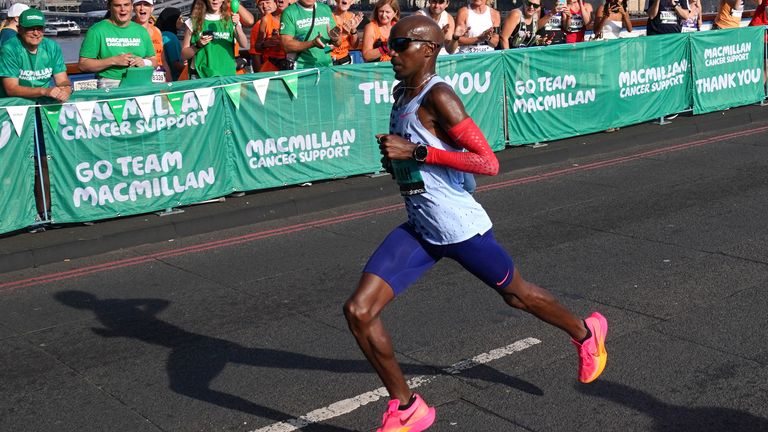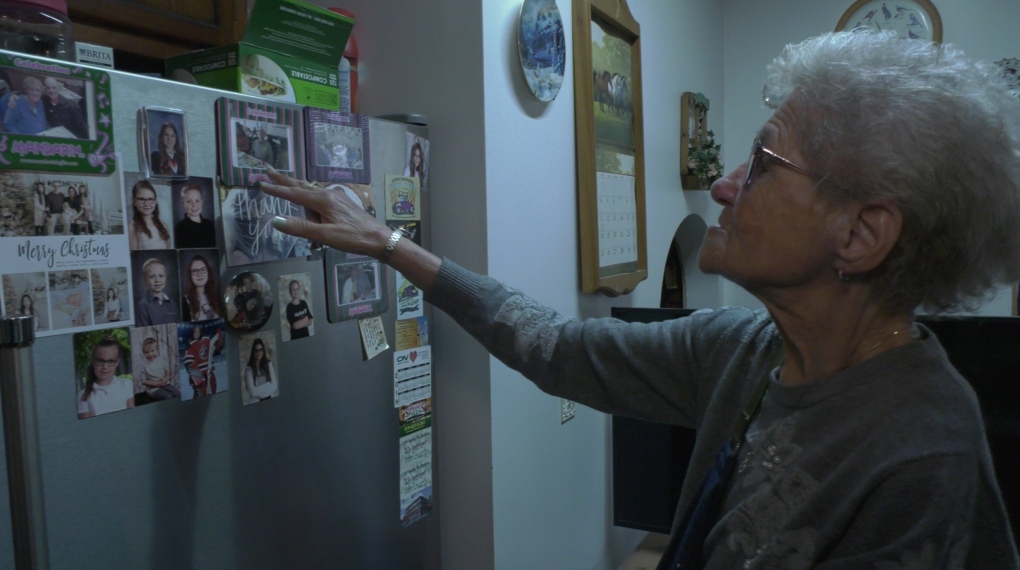“There needs to be a wholesale change to the way the construction industry approaches its business,” he says, adding: “I know how important a vibrant construction industry is to both London and the national economy, and I wouldn’t want to stop that. But the industry does quite obviously need to build buildings that are safe and it is not lost to me that 60 per cent of the building consultations that come into our fire engineering team get sent back because we have concerns about the way that building is either being designed or being built.”
He doesn’t stop there. “Fire safety in the construction industry is, I’m afraid, an afterthought,” he says, calling on developers to, for example, sacrifice valuable space to install two staircases, rather than one, in high-rise blocks. Buildings abroad contain “a number of means of escape”. There’s no such plan in the UK.
Roe appears genuinely frustrated, genuinely upset for the families. “Grenfell is the most significant peacetime tragedy in UK history – the largest fire since the Second World War with the largest loss of life. We owe it to them to do better.”
The grieving families and survivors have had to wait more than four years already – and will probably have to wait many more – for anyone, if ever, to be charged. That includes the LFB, but Roe says there are “millions of pieces of evidence” and that realistically to “do a proper job” will take the Metropolitan Police a very long time.
‘There is a great moral dimension to leadership’
A father-of-two, Roe does seem to understand things in a way his predecessor did not (publicly at least). It is possible his military experience has helped to give him a more rounded view of the disaster. His grandfather was a major general and Roe signed up for Sandhurst before a couple of operational tours of Northern Ireland that included the Omagh bombing. He was “blown up” when a pipe bomb was thrown at him. Roe survived miraculously but a colleague from the RUC – Catholic police officer Frank O’Reilly – was killed after spending four weeks on a life support machine.
“I was 23 years old and I think what it showed me is that if you are going to lead people in very difficult, high risk operational environments, there is a great moral dimension to that leadership. You are having to deal with people’s fear,” he says. “I have encountered that operational experience again and again and again in my career here [in LFB].
“I was extremely lucky. I was bruised, scratched. It damaged one of my eardrums, but I was almost untouched. It taught me a great lesson. Why him [Frank O’Reilly] and not me? If I had been standing six inches to the right, it would have been me. What that showed me is that life is fragile and that is something I have taken forward into this job.”
He had been working on 7/7 – the terror attacks in London in 2005 and saw the devastation and trauma first hand; the Finsbury Park terror attack when a van driver drove into mosque worshippers in 2016; the Croydon tram crash in 2016; and then Grenfell itself.
The fire, he says, is “the most glaring indictment of failure from every single institution that should have kept those people safe”. He includes among those institutions the LFB and Andy Roe knows the fire service messed it up. His words ring true; there may be some crumb of comfort for the victims of such a terrible disaster, let down so badly by the people supposed to have protected them.
https://www.telegraph.co.uk/news/2021/11/28/grenfell-style-disaster-could-happen-says-london-fire-brigade/




